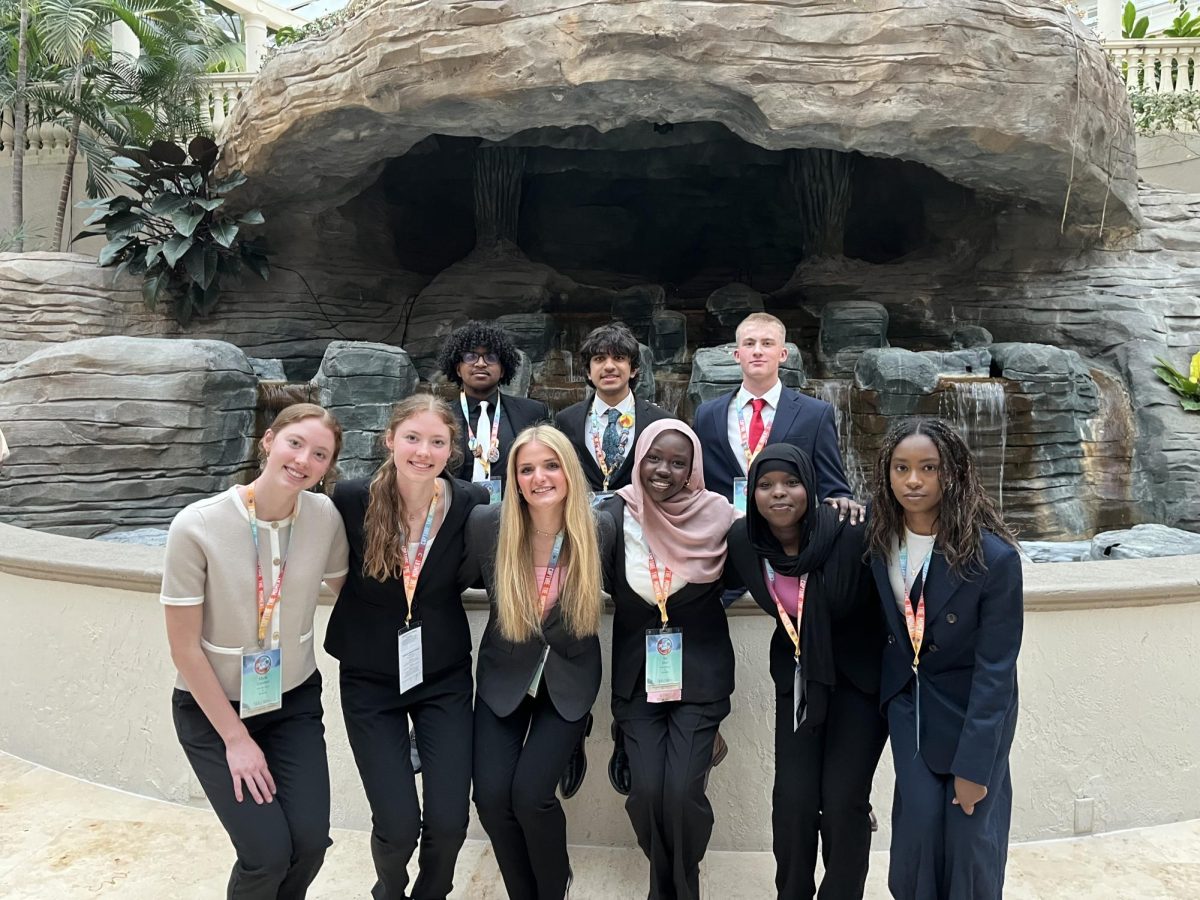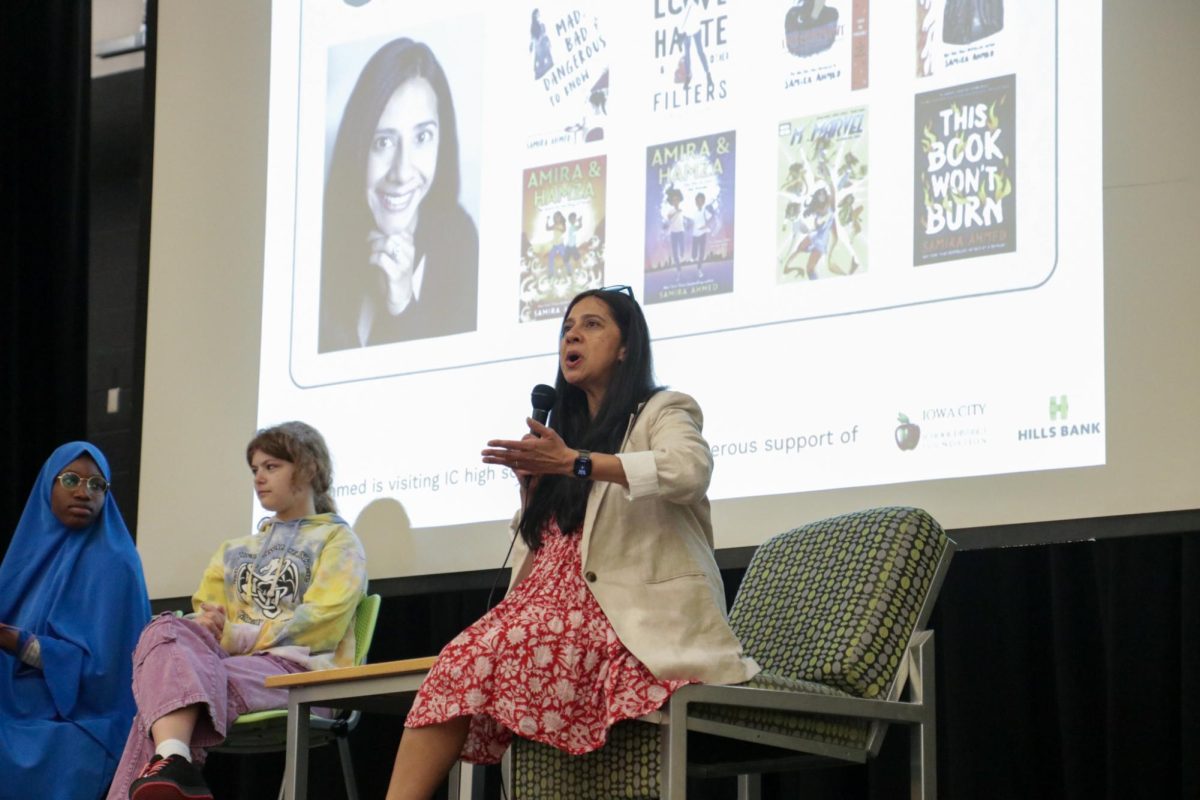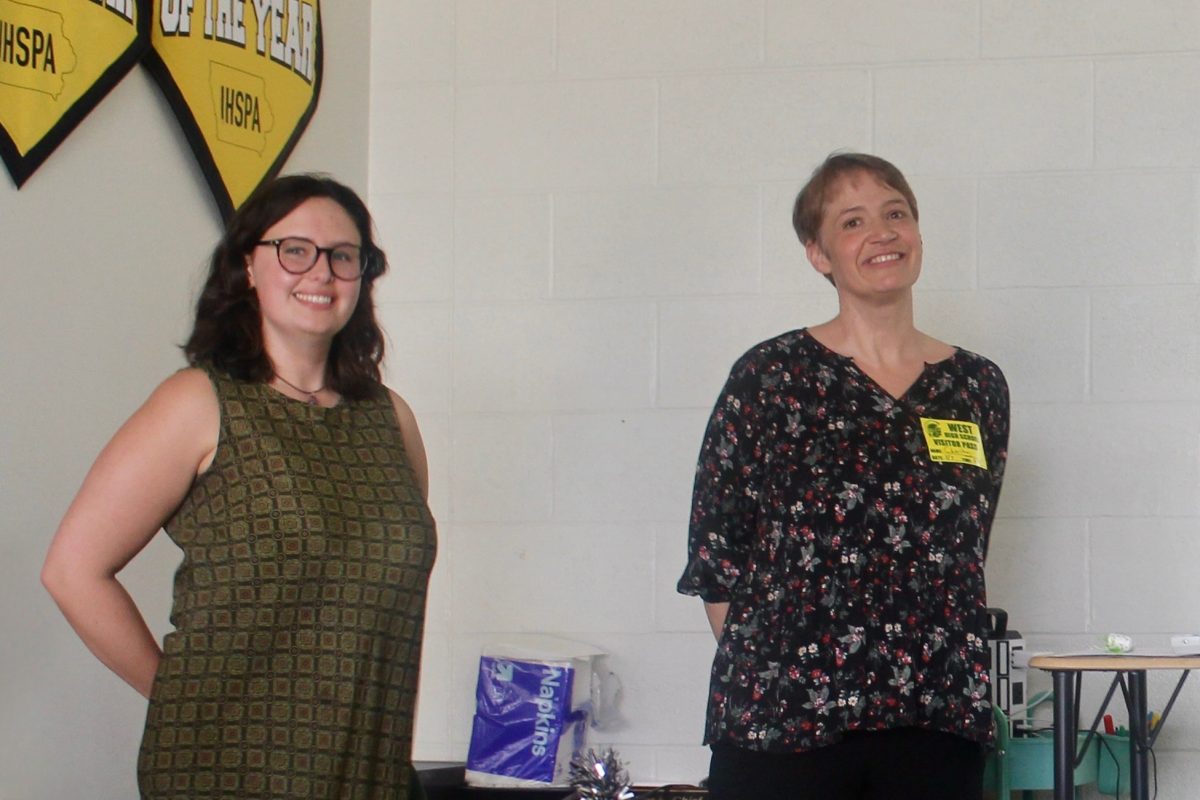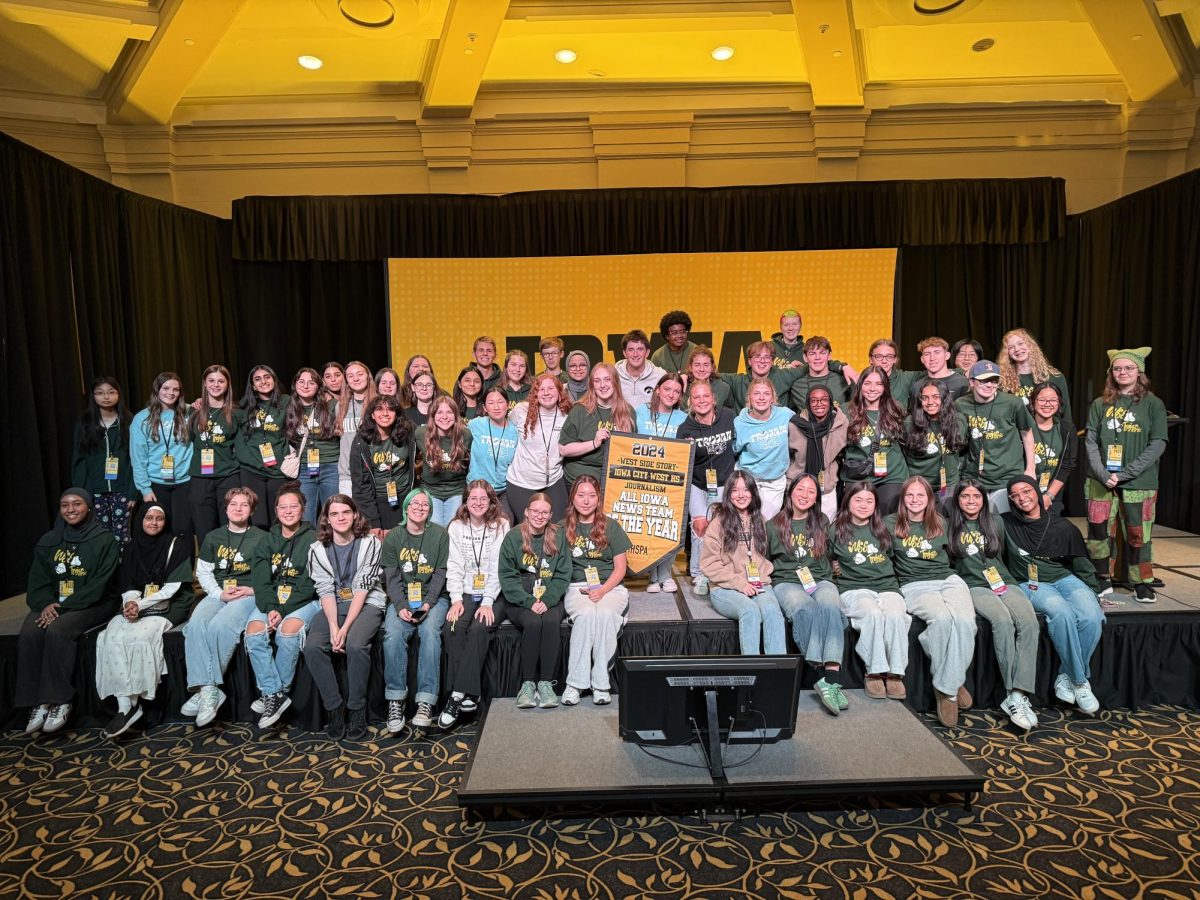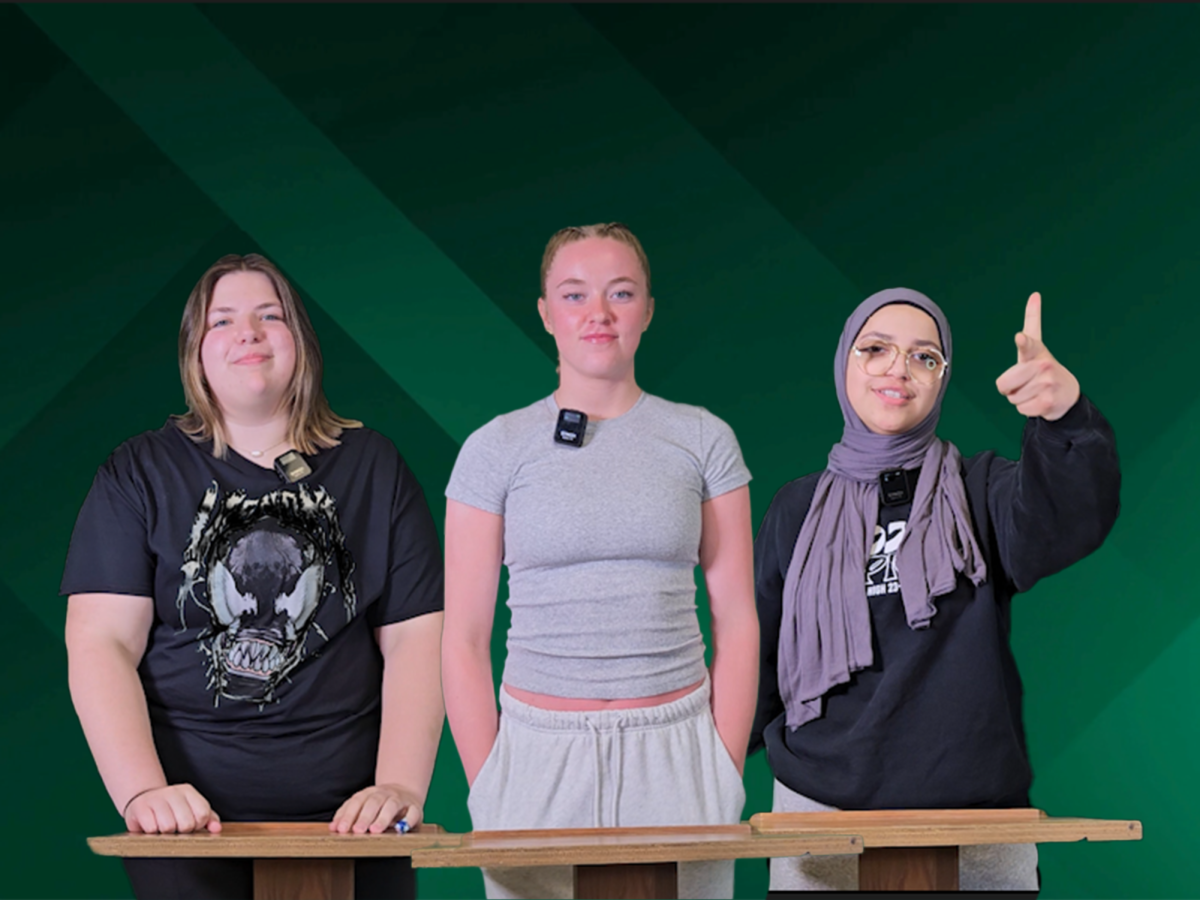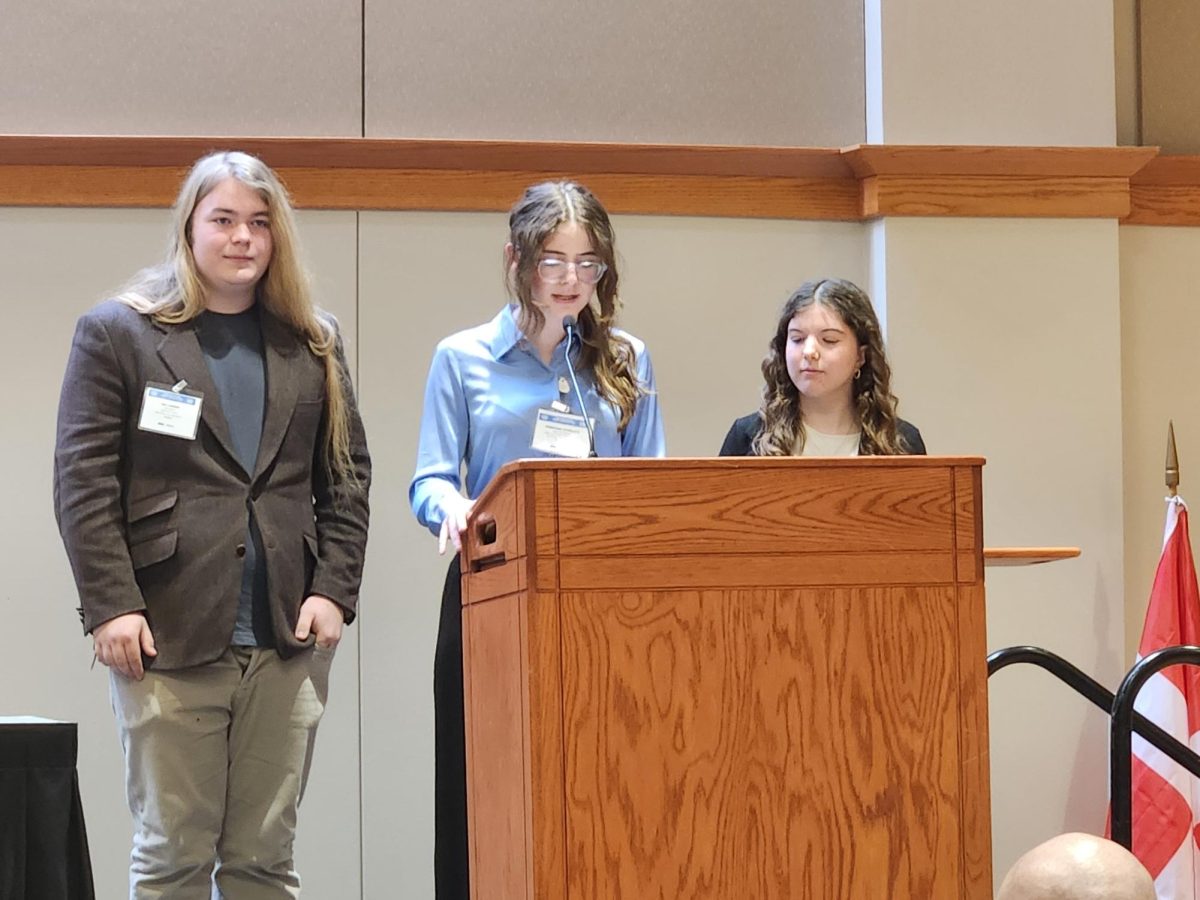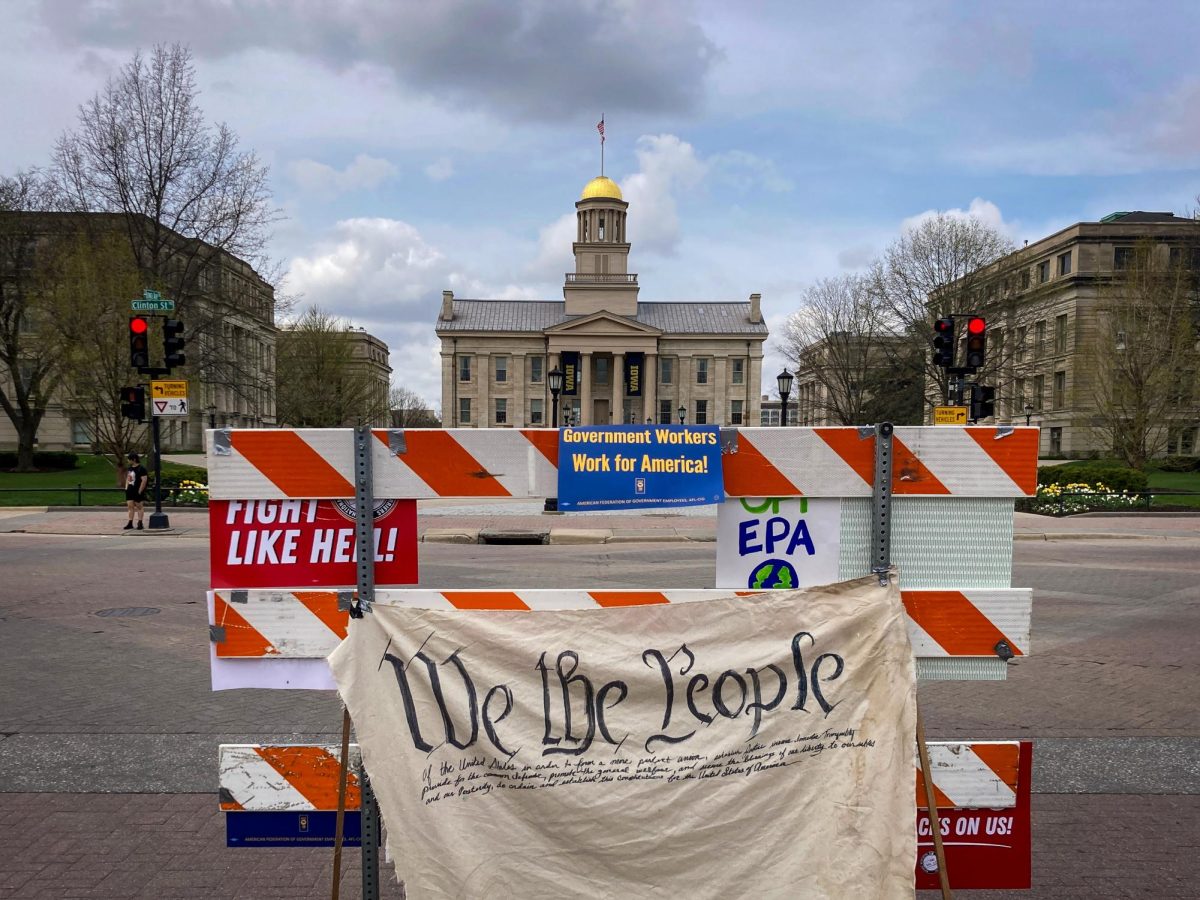By Allie Biscupski – WSS Intern
In the U.S. alone, almost 317,000,000 people sit down to eat lunch every day. But what happens to the leftovers?
At Panera Bread Company, they’re getting to the source of the problem while helping others at the same time. At the end of each business day, the leftover bagels, pastries and breads are donated to the needy through a program called the Day End Dough-Nation program. The basis of the program is to give the leftover food away to the ill, infants and needy. The Ronald McDonald house and North Liberty Community Food Pantry regularly receive donations.
Kayla Culjat ’14, a full-time Panera worker, sees the benefits of the program.
“A lot of places don’t do this, and the people are really grateful for it,” she said.
Students at West also see the benefits of programs like this.
“I like [the program]: a lot of food gets wasted in the industry, so its nice to see a big company doing something good,” said Avery Smith ’16.
A big industry like Panera donates leftover food, and as of 2 years ago, schools in the Iowa City Community School District have participated in such donations as well. However, this is a fairly recent change.
Up until 2011, schools weren’t covered by the Good Samaritan Act, which is an act that protects any donors who give food to food banks with good-faith from liability. This left schools who donated food liable to lawsuits and fines if their food had harmed anyone.
Two years ago, Rep. Frank Wolf included in the annual spending bill for the Department of Agriculture specific language that allows public schools to donate unused leftover food to local food banks across the country. This means that schools can now legally donate leftover food without being held liable if something went wrong.
The ICCSD has taken advantage of this new benefit. According to school regulations, all food on the serving line must be thrown away as it poses a sanitation risk, however any leftover food items the school cannot reuse is donated to local charities.
“Each week we donate to Table to Table and Salvation Army,” said Alison DeMory, Director of Food Services for the ICCSD.
All schools in the ICCSD area encourage their students to put their uneaten whole fruit in a special box instead of throwing them away. After school, the fruit is offered to extracurricular participants so good food doesn’t end up in the landfill.
“Ideally any waste is too much but realistically I think we do okay. My philosophy has always been that no one wins when we throw food away” Demory said.
With up to 40% of all food in the United States being wasted, according to the National Resources Defense Council, and 1 in 6 people going hungry, food preservation is a top priority in the U.S. today. People everywhere are doing their best to make sure the needy have the food they need.
“Wasting no food is ideal, but we’re taking a step in the right direction,” Demory said.



